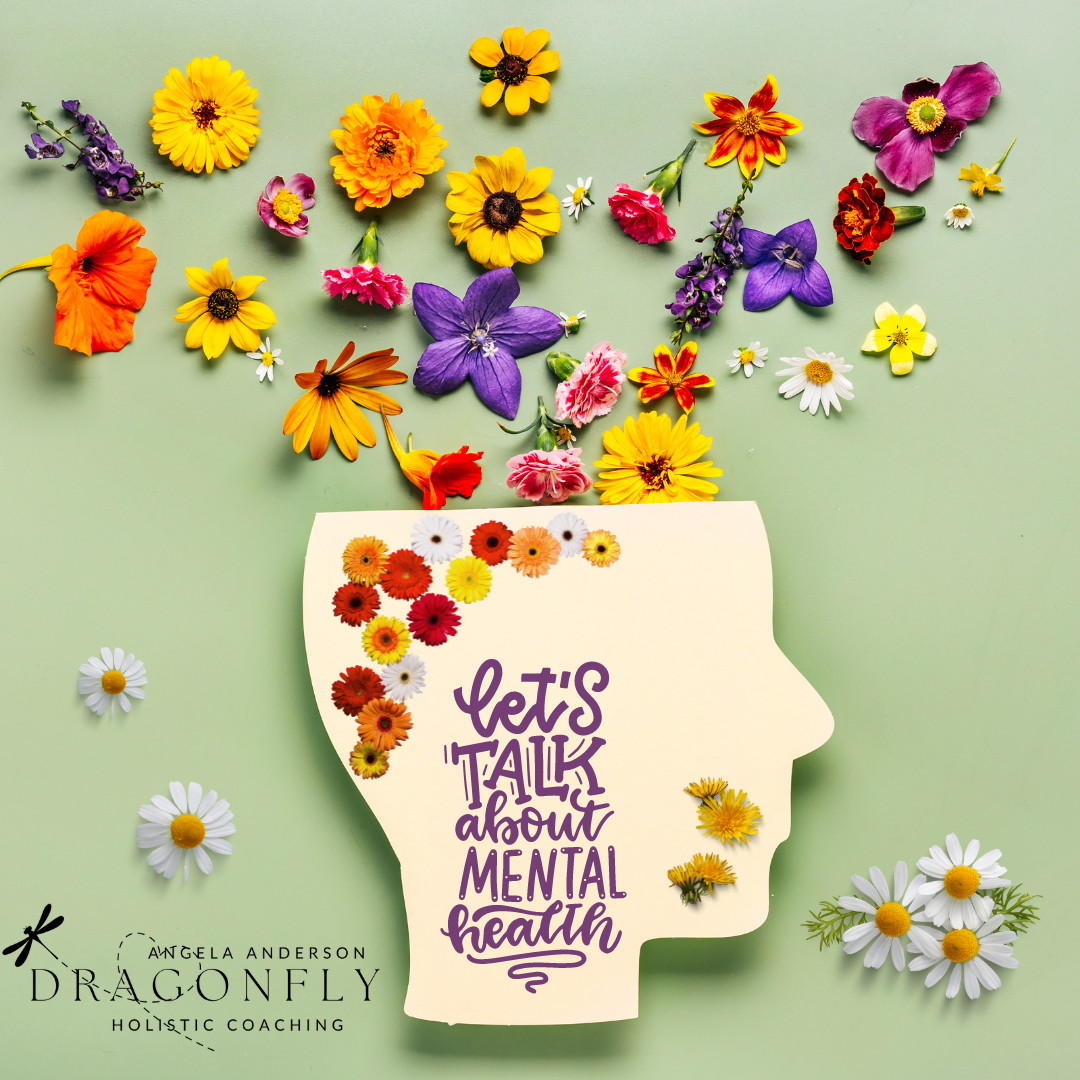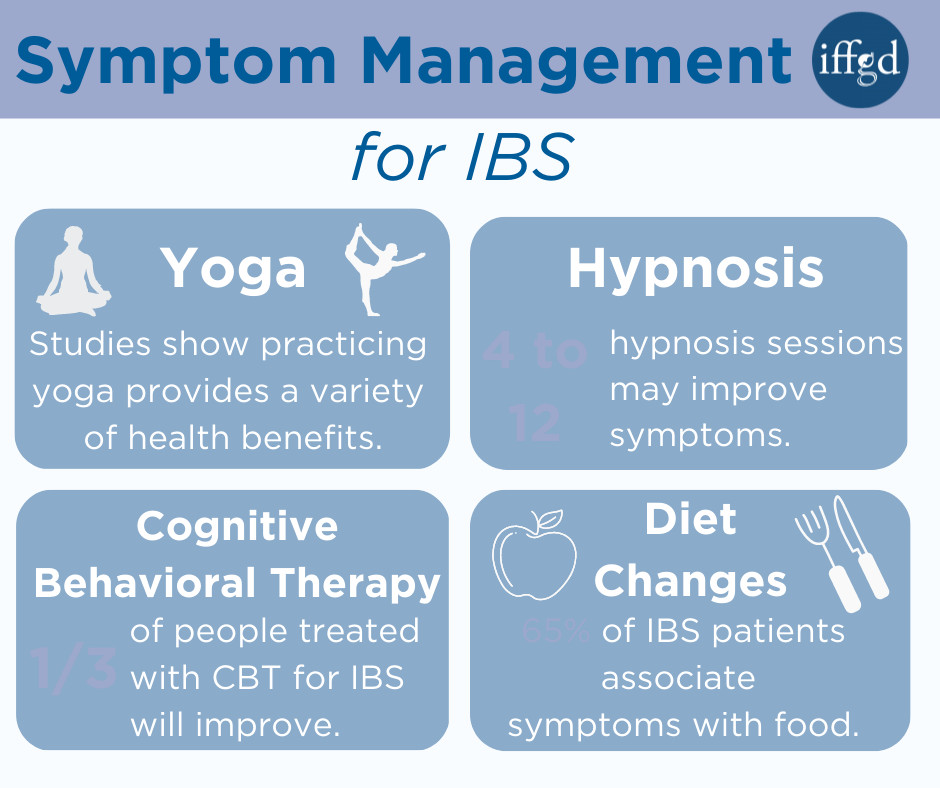
Did you know that your gut health can have a significant impact on your mental wellbeing? Recent scientific research has uncovered a fascinating connection between the gut and the brain, highlighting how the health of our digestive system can influence our emotional and psychological state. In this article, we delve into the intricate relationship between gut health and mental wellbeing, shedding light on the important role of the gut microbiome in shaping our overall mental wellness.
The Gut-Brain Axis: The gut and brain communicate through a bidirectional pathway known as the gut-brain axis. This complex network involves the central nervous system, the enteric nervous system of the gut, and the trillions of microorganisms residing in our digestive tract, collectively known as the gut microbiome. The gut microbiome has emerged as a key player in this connection, influencing brain function and mental health. Studies have shown that the gut microbiome can impact neurotransmitter production, immune function, inflammation levels, and even the integrity of the blood-brain barrier, all of which can influence our mood, stress response, and risk of mental health disorders.
Gut Health and Mental Wellbeing:
a. Mood and Emotional Regulation: The gut microbiome produces neurotransmitters such as serotonin, dopamine, and gamma-aminobutyric acid (GABA), which play crucial roles in regulating mood and emotions. Imbalances in the gut microbiome have been linked to conditions like depression, anxiety, and even neurodevelopmental disorders.
b. Stress Response: The gut microbiome influences the body's stress response through the production of stress hormones and the regulation of the hypothalamic-pituitary-adrenal (HPA) axis. An unhealthy gut microbiome can contribute to heightened stress levels and decreased resilience to stressors.
c. Inflammation and Immune System: The gut microbiome influences the immune system and inflammation levels in the body. Chronic inflammation, often associated with an imbalanced gut microbiome, has been implicated in the development of mental health conditions like depression and cognitive decline.
Nurturing a Healthy Gut Microbiome:
a. Diet: Consuming a varied, whole foods-based diet rich in fiber, prebiotics, and fermented foods can promote a healthy gut microbiome. According to a recent study, a diet high in fruits, vegetables, and whole grains was associated with a lower risk of depression.
b. Probiotics and Prebiotics: Probiotics are beneficial live bacteria that can be consumed through supplements or certain foods, while prebiotics are non-digestible fibers that feed the beneficial gut bacteria. Incorporating probiotic and prebiotic-rich foods or supplements can help maintain a diverse and thriving gut microbiome.
c. Lifestyle Factors: Adequate sleep, regular physical activity, stress management, and reducing exposure to unnecessary antibiotics or toxins can also support a healthy gut microbiome.
Seeking Professional Support: If you are experiencing persistent mental health symptoms, it is crucial to seek professional support. Mental health professionals and healthcare providers can assess your unique situation, provide guidance on gut health optimization, and offer appropriate treatment options when necessary.
Understanding the intricate relationship between gut health and mental wellbeing opens new avenues for promoting holistic mental wellness. By nurturing a healthy gut microbiome through a balanced diet, lifestyle choices, and seeking professional support, we can potentially enhance our emotional resilience, support mood regulation, and improve overall mental health. Remember, a healthy gut sets the stage for a healthy mind.







0 Comments